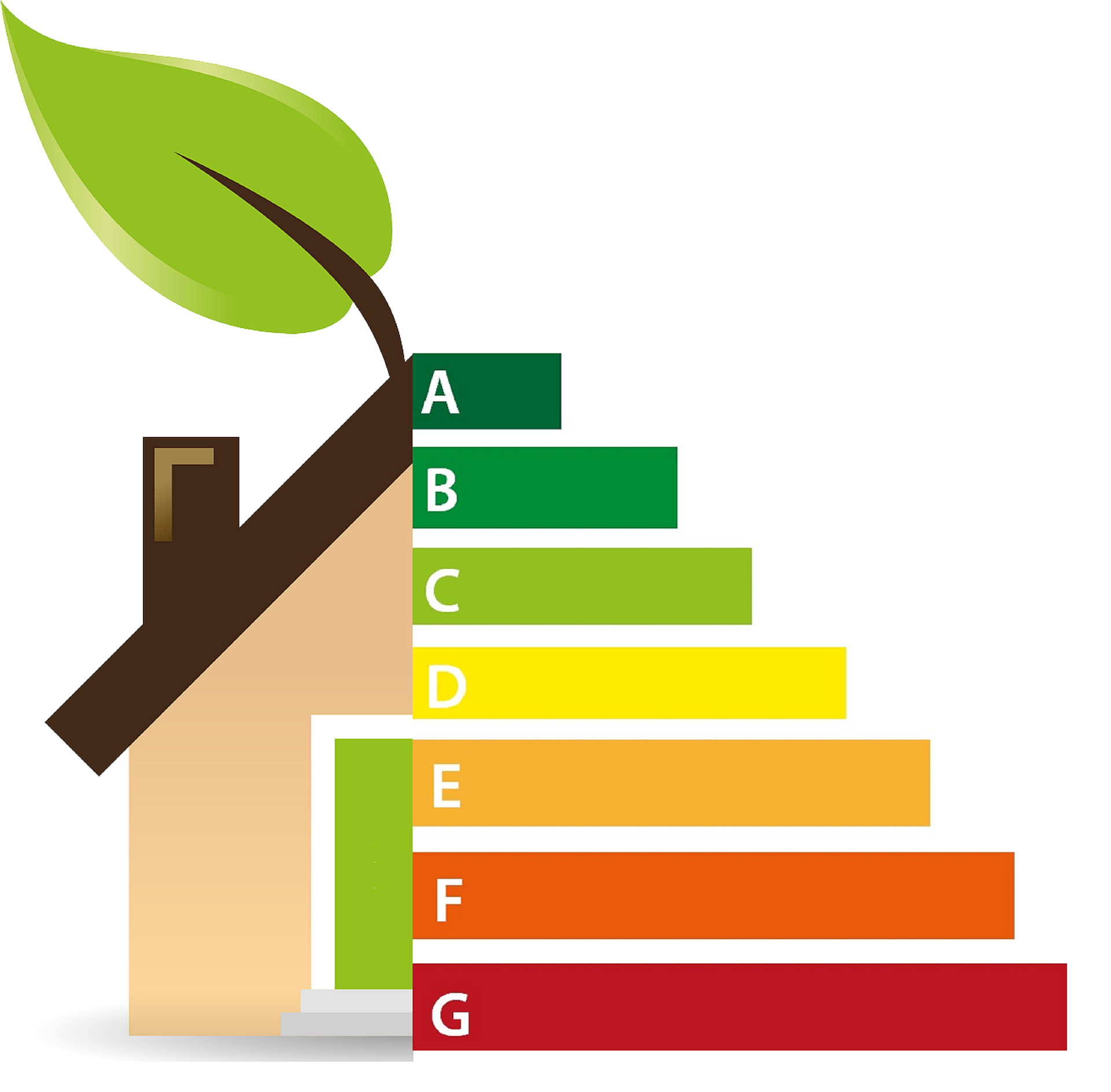Climate change is undoubtedly one of the most pressing issues of our time. With global temperatures rising, extreme weather patterns becoming more frequent and devastating, and sea levels rising to unprecedented heights, it’s clear that something must be done to reduce the impact of climate change. Fortunately, there are many steps that individuals, businesses, and governments can take to improve energy efficiency and fight climate change.
Introduction – What is Climate Change?
Climate change is the long-term alteration of global climate patterns. It’s caused by many factors, including the burning of fossil fuels, deforestation, and other human activities that release greenhouse gases into the atmosphere. These gasses trap heat in the atmosphere, causing global temperatures to rise. This process is known as the greenhouse effect, and it is the main cause of climate change.
The effects of climate change can be seen all around the world. Rising temperatures, melting glaciers, and increasingly intense storms are all evidence of the impact of climate change. It’s an issue that requires urgent attention and action, as it could have devastating consequences for the future of our planet.
The effects of Climate Change
Climate change has a wide range of effects, both on the environment and human life. For example, rising temperatures can cause droughts, floods, and other extreme weather events. This can have a devastating effect on crops, leading to food shortages and famine. It can also cause the displacement of large numbers of people, as communities are forced to relocate due to extreme weather conditions.
Rising sea levels are another major consequence of climate change. As temperatures rise, ice and snow melt and sea levels rise. This can have a devastating impact on coastal communities, as flooding can damage homes and businesses. In addition, rising sea levels can cause coastal erosion, putting entire communities at risk.
In addition to the environmental impacts, climate change can also have a major impact on human health. Rising temperatures can lead to an increase in air pollution, which can lead to respiratory illnesses and other health issues. In addition, extreme weather events can lead to injuries and even fatalities.
How Individuals can reduce energy consumption
If you want to understand how to improve energy efficiency, you must understand that individuals can play a significant role in reducing energy consumption and combating climate change. One of the most effective ways to do this is to reduce your energy consumption at home. This can be done by switching to energy-efficient appliances, using energy-efficient lighting, and using renewable energy sources when possible.
In addition, individuals can reduce their energy consumption by using public transportation instead of driving, carpooling with friends and family, and taking steps to reduce their water usage. These steps may seem small, but they can have a significant impact when done on a large scale.
Individuals can also help reduce energy consumption by reducing their meat consumption. Livestock production is a major source of greenhouse gas emissions, so reducing your meat consumption can help reduce your carbon footprint.
How Businesses can reduce energy consumption
Businesses can also do their part to reduce energy consumption and combat climate change. One of the most effective ways to do this is to switch to renewable energy sources, such as solar, wind, and hydropower. Additionally, businesses can reduce their energy consumption by investing in energy-efficient technologies, such as LED lighting, and by implementing energy-saving practices.
Businesses can also reduce their carbon footprint by reducing their air travel, investing in green technologies, and creating sustainable supply chains. These steps can help businesses reduce their emissions and contribute to the fight against climate change.
Government Initiatives to reduce energy consumption
Governments can also take steps to reduce energy consumption and combat climate change. They can implement policies that encourage the use of renewable energy sources. This can include providing incentives for businesses to invest in renewable energy, such as tax breaks and other subsidies.
Governments can also implement regulations that require businesses to reduce their energy consumption. These regulations can include efficiency standards for appliances, energy efficiency labeling, and bans on certain energy-intensive products. Additionally, governments can invest in public transportation systems, which can reduce the need for cars and other vehicles.
Finally, governments can invest in research and development to find new and innovative ways to reduce energy consumption. This can include researching new technologies, such as energy storage systems, and developing renewable energy sources.
The importance of renewable energy sources
One of the most important steps we can take to reduce energy consumption and fight climate change is to invest in renewable energy sources. Renewable energy sources, such as solar, wind, and hydropower, are clean, sustainable sources of energy that do not produce any greenhouse gas emissions.
Investing in renewable energy sources can help reduce our reliance on fossil fuels, thus reducing our carbon footprint. This can also create jobs and stimulate economic growth, as the renewable energy sector has become a rapidly growing industry.
In addition, investing in renewable energy sources can help reduce energy costs. As renewable energy sources become more widely available, the cost of energy will decrease, allowing businesses and individuals to save money on their energy bills.
Conclusion
Climate change is a pressing issue that requires urgent action. Fortunately, there are many steps that individuals, businesses, and governments can take to reduce energy consumption and fight climate change. By taking these steps and finding ways to conserve energy, we can help the planet heal from the effects of climate change. Together, we can make a difference and create a brighter future for our planet.

